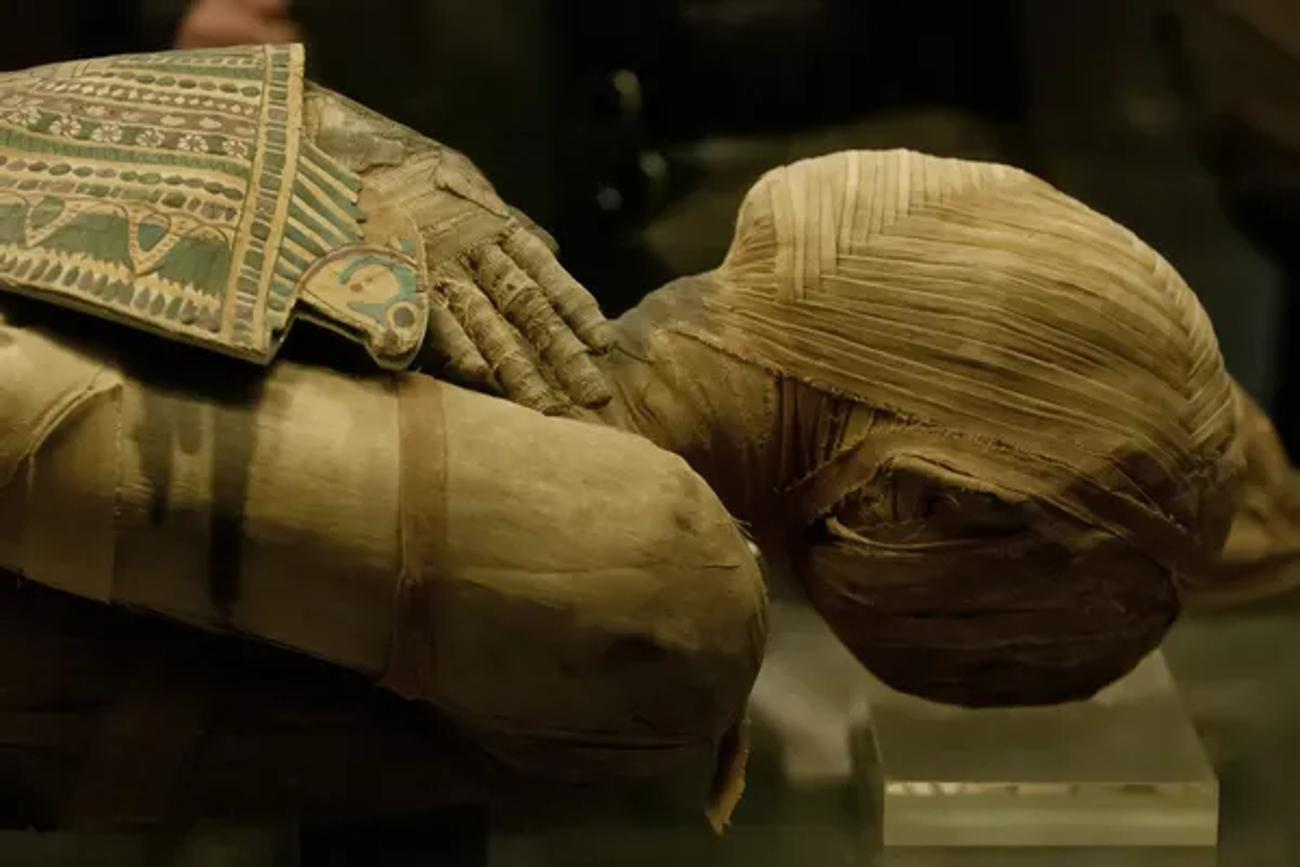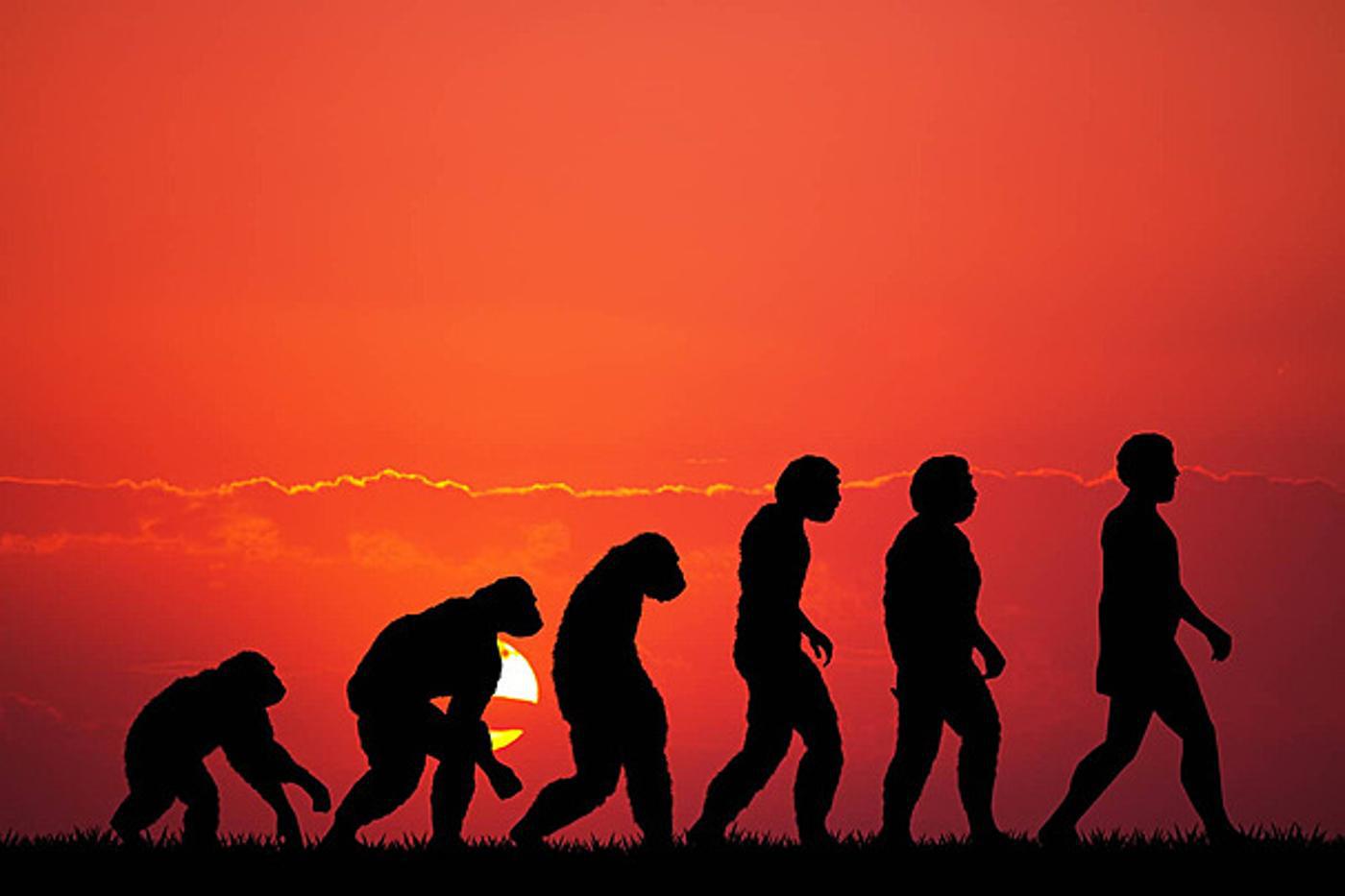Since the first humans walked the Earth, our species has wondered and theorized as to what happens after we die. However, even after millions of years on the planet, we still don’t know for sure.
In today’s world, we turn to science for most of our unanswered questions. And while scientists have yet to figure out if there actually is an afterlife, they are at least starting to understand why we are so desperate to know.
Humans’ Long-Standing Obsession With the Afterlife

Even after decades of research, historians still have questions about our ancient ancestors. But one thing they know for sure is that the majority of cultures over the course of human history believed in some kind of an afterlife.
The Egyptians mummified their deceased to protect their physical homes so that the spirit would not be lost in the afterlife; ancient Greeks believed the soul left the body through a single breath, and immediately entered the realm of Hades, the land of the dead; Hindus always believed in reincarnation, that a human soul would leave the body and then return to Earth in another, depending on how well they lived in the previously life.
What Is the Evolutionary Advantage of Belief in the Afterlife?

Because academics understand that humans have always speculated the truth of the afterlife, they also wonder why our species has such a specific need to deduce what happens after we die.
Some theorize that humans specifically developed the ability to worry about life after death for evolutionary advantage. The fear of what happens in the afterlife is what keeps us so desperate to survive.
Conceptualizing the Afterlife Offered Peace of Mind

But even if wondering about what happens after this life would have increased one’s chances of survival, it would have also given ancient humans intense feelings of anxiety and dread for the unknown.
Therefore, some scientists argue, humans came up with theories for the afterlife in order to ease those complex and overwhelming emotions. In other words, curiosity about the afterlife ensured survival, but the conceptualization of afterlife gave humans peace of mind.
Many Children Understand the Concept of the Afterlife

That is just one theory. Another is that belief in an afterlife is not, in fact, a social construct, but literally human nature.
Several studies have been conducted that report that children, even those very young, tend to believe in some kind of afterlife or at least consciousness after death. Proving that even without fear of death, humans still believe in life after it.
Fear of the Afterlife Is a Driving Force for Human Decisions

It’s crucial to understand that, whether humans are born fearing and speculating the afterlife, or if they learn that over time, it’s the worry for what might be waiting on the other side that encourages almost all human decisions.
From exercising and making healthy choices like skipping cigarettes to medical research and even technological advancements, much of what we do here on Earth is based on trying to elongate the time we have here.
Do Humans Strive for Immortality?

In theory, striving for longevity and immortality are not the same concepts. Some people may want to extend their lives for as long as possible, but they still believe death is the natural end.
However, there are unquestionably humans who would want immortality, both to experience everything life has to offer and to avoid the unknown of the afterlife. Of course, humans have yet to figure out a way to live forever, but many are certainly trying.
Will Humans Eventually Be Able to ‘Download’ Their Souls?

Recent technological advancements have changed the way we understand human intelligence. The development of artificial intelligence has created entirely new possibilities our ancestors never would have thought possible.
One futuristic idea that is currently being developed is called “ming uploading,” in which scientists can literally transfer the contents of someone’s brain onto a digital medium. If they can finalize this technology, would that mean people could live forever even if only on a computer?
What Would It Mean for the Human Psyche to Avoid Death?

Some wonder what it would mean for the human mind and experience if we knew we could somehow avoid death and live forever. As previously mentioned, fear of death is a survival mechanism as well as the catalyst for greatness in many people around the world.
If we believed we could live forever, would how we live our lives change? Would we be less ambitious, crueler, more apathetic?
There Are Those Who Are Not Afraid of Dying

These questions are more important than ever before as technology advances at an exponential rate. However, it’s interesting to note that not everyone has questions about the afterlife. Millions of people around the world act as they do, not because of a fear of death but because of their religious beliefs.
For example, Christians believe that following the teachings of Jesus Christ will lead them to eternal bliss in heaven alongside their God. They are not afraid to die but are looking forward to a perfect eternity.
Belief in the Afterlife Ensures People Live Virtuously

Christians live their lives according to the instructions from their God, as do Muslims and those following the Jewish faith, so that they can meet their creator after death. Similarly, Hindus live virtuously so that they will be reincarnated as a human with a good life instead of an insect.
But why do people who don’t follow a religion or hold a concrete belief in what happens after death live virtuously? Some certainly don’t, but others believe that simply being a good person brings happiness in this life, and they believe that is a good enough reason.
There Can Be No Life Without Death

The truth is that there can be no life without death, we see it in nature every day — a flower grows from a seed, blooms and then dies and withers away.
Humans are a part of the natural cycle of life and, therefore, must physically die. However, it is knowing that death is imminent and wondering what happens after that makes us who we are.








































